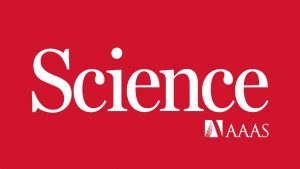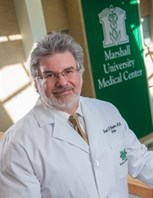An article from 2019 that caught some media buzz – including from the New York Times – for its analysis of political speeches now bears an expression of concern that’s almost as long as the original paper.
In “Liberals lecture, conservatives communicate: Analyzing complexity and ideology in 381,609 political speeches,” published in PLOS ONE, the authors concluded that “speakers from culturally liberal parties use more complex language than speakers from culturally conservative parties,” as they stated in their abstract.
But after reading the article, linguist Joe McVeigh, a university teacher at the University of Jyväskylä in Finland, wrote an online comment on the article detailing “several fundamental and critical flaws in its methodology.” A key issue: applying the Flesh-Kincaid test, which was developed for assessing the readability of a written text, to political speeches. As McVeigh told us:
Continue reading ‘Liberals lecture, conservatives communicate’ paper gets lengthy expression of concern







